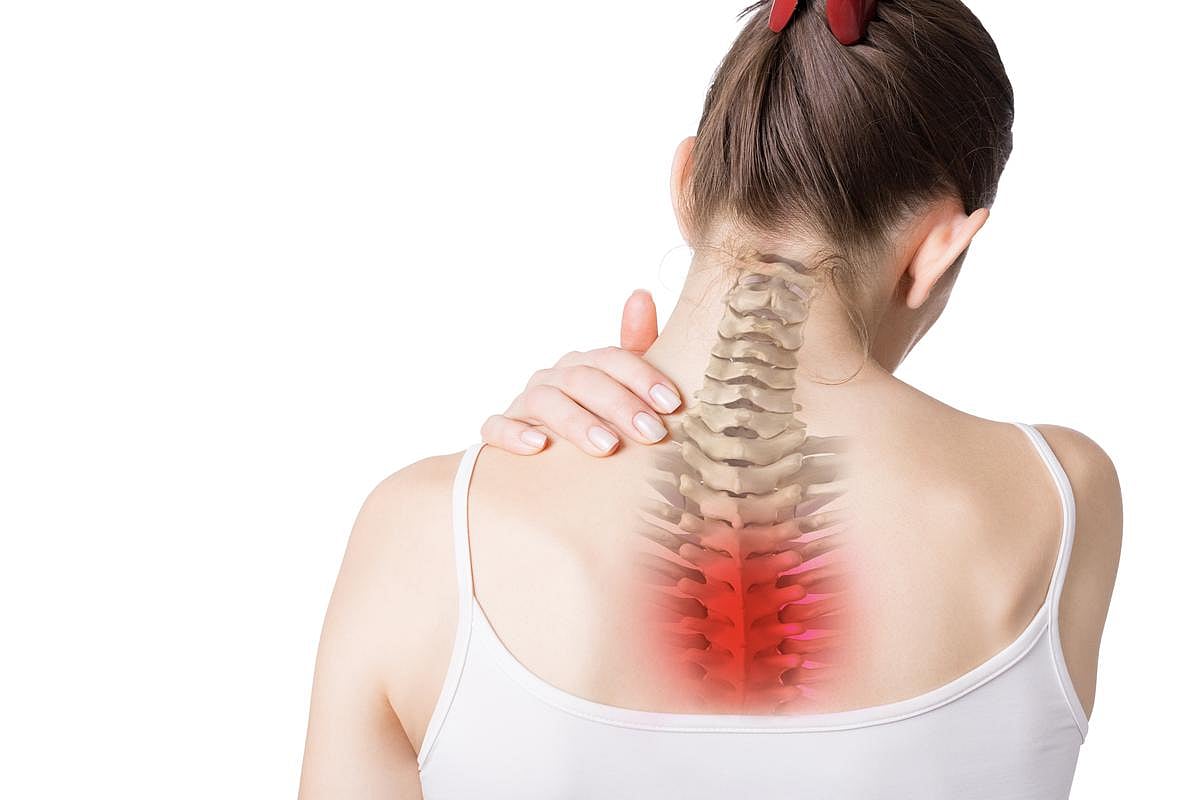Manténgase sano!

- Dennis Thompson
- Posted October 25, 2024
Will Injury Pain Become Chronic? Brain Scans Might Tell
Brain scans can provide early warning of who will develop chronic pain following a whiplash injury, a new study finds.
Higher levels of “cross talk” between two specific brain regions within one to three days of the injury increases the risk that pain will last long-term, researchers found.
The more the hippocampus (the brain’s memory center) talked to the cortex (involved in long-term memory), the more likely a person was to develop chronic pain, results showed.
In addition, the higher a person’s anxiety was immediately after a whiplash accident, the more precisely doctors could predict the chronic pain they would feel a year later.
These results highlight the role that memory plays in a person’s pain perception, said lead researcher Paulo Branco, an assistant professor of anesthesiology and pain medicine at Northwestern University's Feinberg School of Medicine.
“While we commonly think of pain as relating only to an injury, it is the brain that actually makes up the pain experience,” Branco said in a Northwestern news release. “The brain makes the decision about whether a movement should be painful or not, and we think this may rely on previous experiences stored in memory.”
For the study, researchers gathered data on more than 200 whiplash patients, of whom 177 had MRI scans performed on their brains within three days of their injury. The data was collected from March 2016 to December 2021.
Patients were then tracked over the next year to see who went on to suffer chronic pain and who recovered fully from their whiplash.
The increased communication observed between the hippocampus and the cortex could be cementing into place new memories related to the initial pain of the whiplash, researchers said.
“The hippocampus is responsible for consolidating new memories into long-lasting ones,” Branco explained.
In this theory, the brains of these patients are encoding a powerful memory associating head and neck movement with pain.
“This creates expectations and associations,” Branco said. “If the memory has high emotional significance, then it makes these patients associate this movement with pain. When the brain receives these signals, it pays more attention to them based on the painful memories that were formed by the accident.”
If this proves true, then managing a person’s pain and anxiety immediately after an injury could have a direct role in their risk for chronic pain, researchers said.
“Now that we know there is this critical time period when this happens, we can focus our treatment efforts at this early stage to prevent chronic pain rather than try to cure it, which is much more difficult,” said researcher Apkar Apkarian, director of the Center for Translational Pain Research at Northwestern University Feinberg School of Medicine.
“Since anxiety plays an important role for the brain changes, targeting the anxiety immediately after the injury may be able to halt these changes, possibly through anti-anxiety drugs or other medications,” Apkarian said. “Future novel treatments targeting hippocampal activity and connectivity through pharmacology or through neuro-modulation techniques also are possible.”
Future research will focus on the underlying mechanisms behind this brain communication in response to injury, by assessing the physical and mental factors that might drive them, researchers said.
They also will examine whether the findings related to whiplash would apply to other chronic pain conditions.
The new study was published Oct. 24 in the journal Nature Mental Health.
More information
Johns Hopkins Medicine has more about chronic pain.
SOURCE: Northwestern University, news release, Oct. 24, 2024





